Search
Search Results
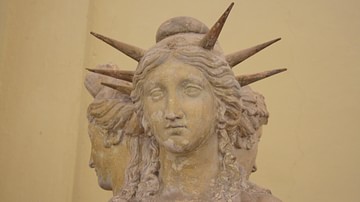
Definition
Hecate
Hecate (Hekate) is a goddess of Greek mythology capable of both good and evil. She was associated with witchcraft, magic, the Moon, doorways, and creatures of the night like hell-hounds and ghosts. Hecate often carries a torch in her connection...
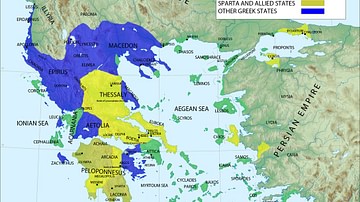
Definition
Thebes (Greece)
Thebes is a town in central Greece which has been continuously inhabited for five millennia. It was an important Mycenaean centre in the middle to late Bronze Age and was a powerful city-state in the Classical period, participating in both...

Definition
Ancient Greek Music
Music (or mousike) was an integral part of life in the ancient Greek world, and the term covered not only music but also dance, lyrics, and the performance of poetry. A wide range of instruments was used to perform music which was played...
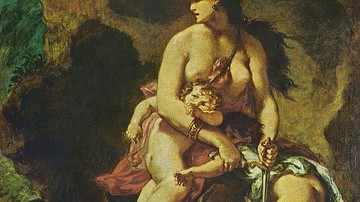
Definition
Medea
Medea is an enchantress and the daughter of King Aeëtes of Colchis (a city on the coast of the Black Sea). In Greek mythology, she is best known for her relationship with the Greek hero Jason, which is famously told in Greek tragedy playwright...
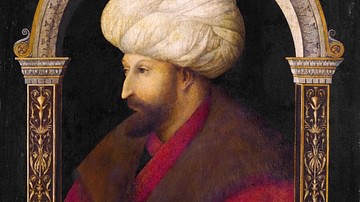
Definition
Mehmed II
Mehmed II (1432-1481 CE), also known as Mehmed the Conqueror, was the seventh and among the greatest sultans of the Ottoman Empire. His conquests consolidated Ottoman rule in Anatolia and the Balkans, and he most famously triumphed in conquering...
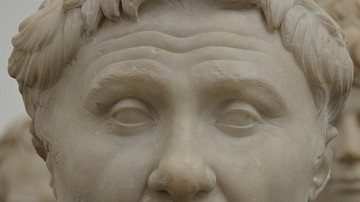
Definition
Pompey
Gnaeus Pompeius Magnus, also known as Pompey or Pompey the Great, was a military leader and politician during the fall of the Roman Republic. He was born in 106 BCE and died on 28th September 48 BCE. His father was Gnaeus Pompeius Strabo...
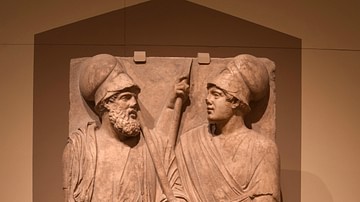
Definition
Sacred Band of Thebes
The Sacred Band of Thebes was an elite unit of the Theban army comprised of 150 gay male couples totaling 300 men. They were formed under the leadership of Gorgidas but first achieved fame under the general Pelopidas. They remained invincible...
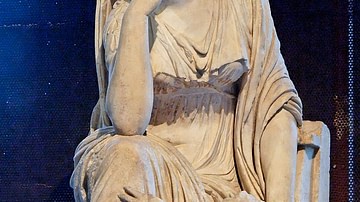
Definition
Thetis
Thetis is one of 50 Nereids (sea nymphs) and a goddess of the sea in Greek mythology. Thetis is best known for being the mother of the Greek hero Achilles, however, her role goes beyond that; she appears in various stories and interacts with...
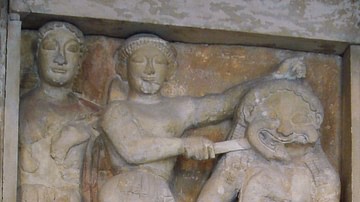
Definition
Perseus
Perseus is one of the greatest and oldest pan-Hellenic heroes of Greek mythology. Perseus famously killed the dreaded Medusa, a Gorgon with snakes as hair and whose stare turned men to stone. Perseus also carried out the daring rescue of...
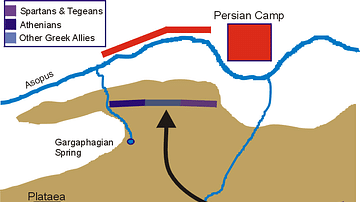
Definition
Battle of Plataea
The Battle of Plataea was a land battle between Greeks and Persians near the small town of Plataea in Boeotia in 479 BCE. Following up their naval victory at the Battle of Salamis in September 480 BCE against the same enemy, the Greeks again...